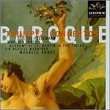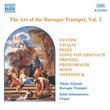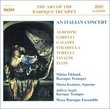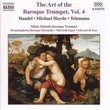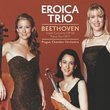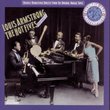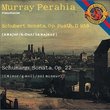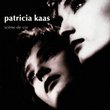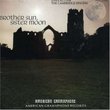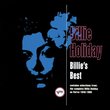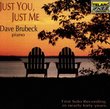| All Artists: Johann Friedrich Fasch, George Frideric Handel, Johann Melchior Molter, Leopold Mozart, Henry Purcell, Georg Philipp Telemann, Giuseppe Torelli, Nils-Erik Sparf, Drottningholm Court Baroque Ensemble, Niklas Eklund Title: The Art of the Baroque Trumpet, Vol. 1 Members Wishing: 0 Total Copies: 0 Label: Naxos Release Date: 6/18/1996 Genres: Special Interest, Classical Styles: Chamber Music, Forms & Genres, Concertos, Suites, Historical Periods, Baroque (c.1600-1750), Classical (c.1770-1830), Instruments, Brass Number of Discs: 1 SwapaCD Credits: 1 UPC: 730099453127 |
Search - Johann Friedrich Fasch, George Frideric Handel, Johann Melchior Molter :: The Art of the Baroque Trumpet, Vol. 1
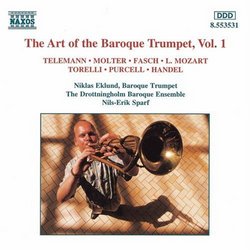 | Johann Friedrich Fasch, George Frideric Handel, Johann Melchior Molter The Art of the Baroque Trumpet, Vol. 1 Genres: Special Interest, Classical
|
Larger Image |
CD DetailsSimilar CDsSimilarly Requested CDs
|
CD ReviewsThe best Robert A Myers | Cleveland, OH | 02/25/2000 (5 out of 5 stars) "This cd is, by far the best trumpet cd I own. His control in all registers, especially his trills, is unreal. Niklas Eklund has gone beyond merely acomplishing the right notes. It sounds better than anything I've heard with valves. This is, however, not just a technical show. His phrasing, particularly in the Telemann, is fabulous. The longer note values in the trecherous technical passages in the second and fourth movements is refreshing. For anyone who has ever played a baroque trumpet or just likes good music, this is a must." Music for Baroque trumpet conquistador69 | 01/21/2000 (5 out of 5 stars) "In this recording we have the opportunity to a number of concerti and two sonatas for baroque trumpet.Trumpeter E.Eklund plays works from the baroque on a period trumpet.From a Sonata by Torelli to a concerto by Leopold Mozart (The father of Wolfgang Amadeus Mozart) to which Mr. Eklund wrote his own cadenza.Considering the fact that the baroque trumpet is a difficult instrument to play,Mr. Eklund dominates this instrument with such a virtuosity and a n impecable technique...Indeed a five stars recording." Baroque Trumpet at its Best John A. Moskal II | Carmel, IN USA | 05/16/2007 (5 out of 5 stars) "The desire for period instrument recordings is now reaching higher and farther than before in this country (indeed, though, it is still surpassed by that of Europe). Here we have the premiere example of the gorgeous playing of Niklas Eklund on the baroque trumpet repertoire, who here is all but unreachable from the point of technique, phrasing, and sound.
As a trumpet player, I personally understand difficulties of performing this repertoire on the baroque trumpet which Niklas, as a fourth generation trumpeter, does not notice (when I saw him live this became more clear than ever it was). His trills are to be envied by a valved trumpet and his sound quality is ever constant and beautiful at all registers in his playing. His phrasing is both period appropriate and moving. He does not over embellish or perform in a showy manner, but rather he emotes. The moving quality of his playing left me speechless upon the first hearing of this album. Here the Telemann concerto in particular deserves recognition especially in the Adagio movement, for where many trumpeters fall apart he continues growing and moving through to the last note. The selection of repertoire is fairly standard and these are pieces that anyone familiar with the baroque trumpet repertoire might be expected to know, after all, though, it is but his first album. Repertoire is, however, as stated, the only thing "standard" about this recording. The playing by the Drottningholm Baroque Ensemble matches the quality by Eklund and the two work together flawlessly. Regardless of how many other recordings there are of this repertoire out there, this one is the one above all others that you should own if you are intent upon discovering this music, and I give this both as a trumpet player and avid music fan. From an economical standpoint, this is also a NAXOS release which means that it's generally cheaper than other recordings of the same repertoire. In short, if it you are searching for a recording of either period performances of baroque music or simply a recording of one of these specific pieces, there should be no doubt in your mind that this is the one for you, for reasons of sound and performance quality as well as price." |

 Track Listings (24) - Disc #1
Track Listings (24) - Disc #1